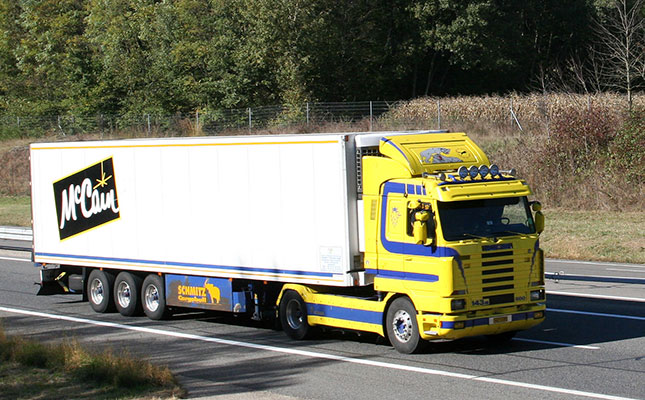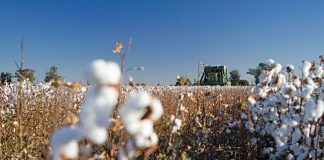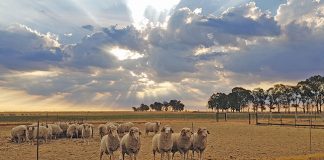
Photo: Flickr
Prior to the national lockdown to contain the spread of the coronavirus disease (COVID-19), stakeholders in South Africa’s agriculture industry had already started engaging with government about measures that would enable food security and prevent scenarios such as food riots.
This was according to Dr John Purchase, CEO of Agbiz, who told Farmer’s Weekly that the organisation, along with other role players, had weighed in on the subject when the lockdown regulations were still being drafted.
This was in an attempt to prevent measures being implemented that would have had even more dire consequences for the country.
“We could see that the way [government] had structured the measures was going to cause a huge problem. [Government] was going to close the Joburg Fresh Produce Market, and it was basically our intervention, along with role players such as the Institute for Marketing Agents of South Africa, that [prevented] that,” he said.
While certain interventions had been enacted prior to lockdown, others such as issuing permits to enable informal traders to sell vegetables, only happened later, following a revision of restrictions.
Purchase pointed out that other informal food channels had also been affected.
“We at least got the fresh produce going, but not in terms of [trade in the informal market] of meat products, offal products, or live fowl. So, there are still a lot of gaps. This raises the distinct possibility of food riots in these areas.”
Purchase referred to riots that had erupted in various parts of the country during the past week.
“We are also starting to get worried about the safety of the distribution [vehicles] moving the food around,” he added.
“Out of all types of riots, a food riot is the worst you can have because it is not easy to negotiate with or try to appease a hungry person.”
Meanwhile, the South African Police Service (SAPS) confirmed that there had been numerous arrests across the country in connection with the looting of liquor outlets, as well as grocery stores, in some cases. Scenes of public looting, particularly in the Western Cape, had been widely reported.
In a statement, the Minister of Police, Bheki Cele, condemned “the opportunistic criminal behaviour” behind 16 incidents of burglary and looting of liquor outlets in Western Cape that had been reported since the start of the lockdown.
The Eastern Cape SAPS also condemned looting incidents in the northern areas of Port Elizabeth on Tuesday.
“A total of nine arrests have been effected in separate incidents since 14 April, in connection with the lootings that took place in the Bethesldorp area,” the SAPS said in a statement.
There were also various media reports of protests or riots at food parcel distribution points in Gauteng, the Eastern Cape and the Western Cape.
Purchase said informal market trade played a critical role in providing indigent populations in townships, in particular, with access to essential products and food security. He said the informal market accounted for up to 40% of food sold and distributed in South Africa.
“We know that 60% of bread baked, goes into the informal market, and 30% of the broiler industry goes into the informal market as live fowls,” he said.











